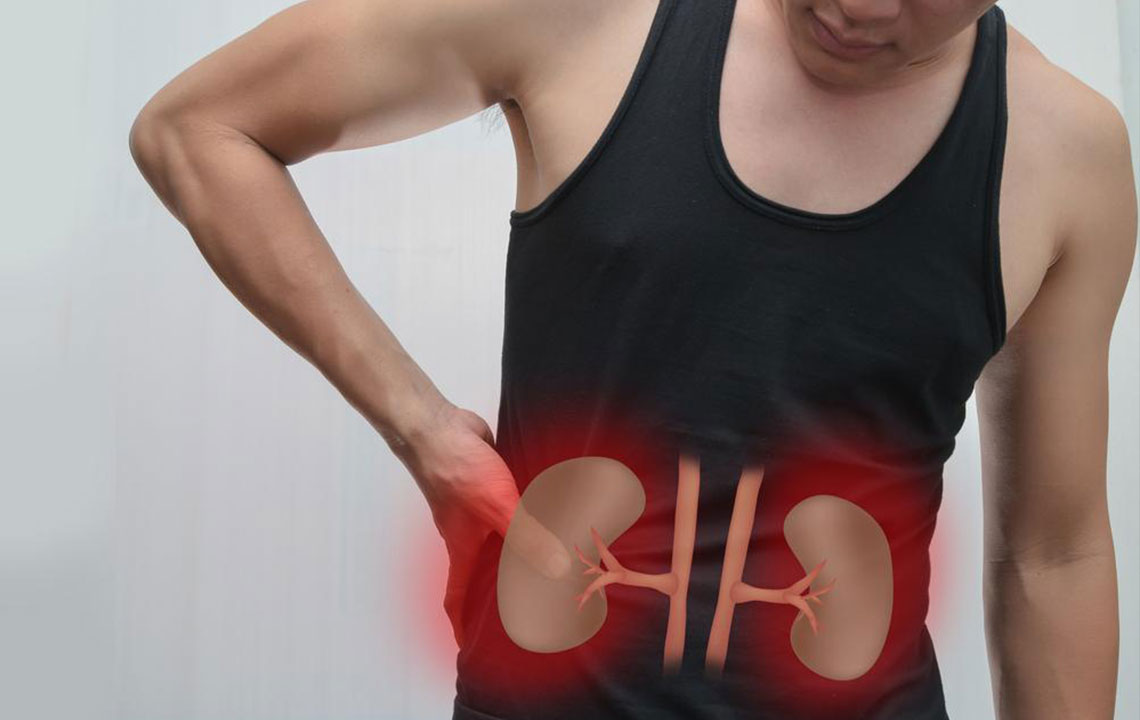Comprehensive Guide to Kidney Failure: Causes, Symptoms, and Prevention Strategies
This comprehensive article explores kidney failure, highlighting its causes, symptoms, and preventive measures. It emphasizes early detection and understanding risk factors to ensure better health outcomes. Learn about diagnostic methods and lifestyle tips to maintain kidney health and avoid severe complications.

Comprehensive Guide to Kidney Failure: Causes, Symptoms, and Prevention Strategies
The vital role of the kidneys involves filtering blood and eliminating toxins via urination. When their function declines, waste accumulates, potentially leading to serious health problems. Factors such as trauma, chronic diseases, medication use, and environmental toxins can damage kidneys. Recognizing early warning signs is essential, as symptoms often develop gradually. Without intervention, kidney failure can result in complications like fluid overload, electrolyte imbalance, and heart issues. Timely medical care enhances management and improves outcomes.
Indicators of Kidney Failure
Early kidney dysfunction may be asymptomatic, but as decline progresses, issues like fatigue, electrolyte disturbances, and waste retention become evident. Common signs include:
Chronic fatigue and weakness
Nausea, vomiting, drowsiness
Decreased urine production
Shortness of breath
Swelling in limbs due to fluid buildup
Chest pain
Mental confusion
Loss of appetite
Heart-related symptoms
Metabolic acidosis
High potassium levels
Uric acid buildup
Irregular heartbeat
Potential coma in severe cases
Underlying Causes of Kidney Failure
Kidney failure may stem from sudden or chronic health issues, such as:
Acute Kidney Injury: Sudden decline in kidney function caused by injury, infection, or blockage. If only one kidney is affected, recovery may be possible or removal considered; complete failure requires urgent treatment like dialysis or transplant.
Pre-renal Factors: Conditions like severe dehydration, significant blood loss, or low blood pressure reduce kidney blood supply, leading to failure.
Infections and Inflammation: Sepsis or immune-mediated inflammation, caused by drugs or autoimmune conditions, can damage kidney tissue.
Muscle Damage: Rhabdomyolysis from trauma or certain medications releases muscle debris that obstructs filtering.
Obstruction of Urinary Tract: Tumors, enlarged prostate, or ureter blockages cause backpressure and kidney injury. People with a single kidney face higher risks from stones or obstructions.
Chronic Diseases: Conditions like hypertension, diabetes, glomerulonephritis, and prostate disorders gradually impair kidney function over time.
Additional Factors: Heart attacks, burns, dehydration, or nerve damage affecting urination can also lead to renal failure.
Diagnosis involves urine tests, blood levels of creatinine and BUN, urine volume measurement, imaging scans (ultrasound, CT, MRI), and kidney biopsy. Early detection allows for better management and prevents progression. Adhering to medical guidance, using prescribed medications, and maintaining a healthy lifestyle are key to preventing or delaying kidney failure.
Disclaimer: Our content provides health insights but is not a substitute for professional medical advice. For accurate diagnosis and personalized treatment, consult healthcare professionals. We do not assume responsibility for differences across platforms.


